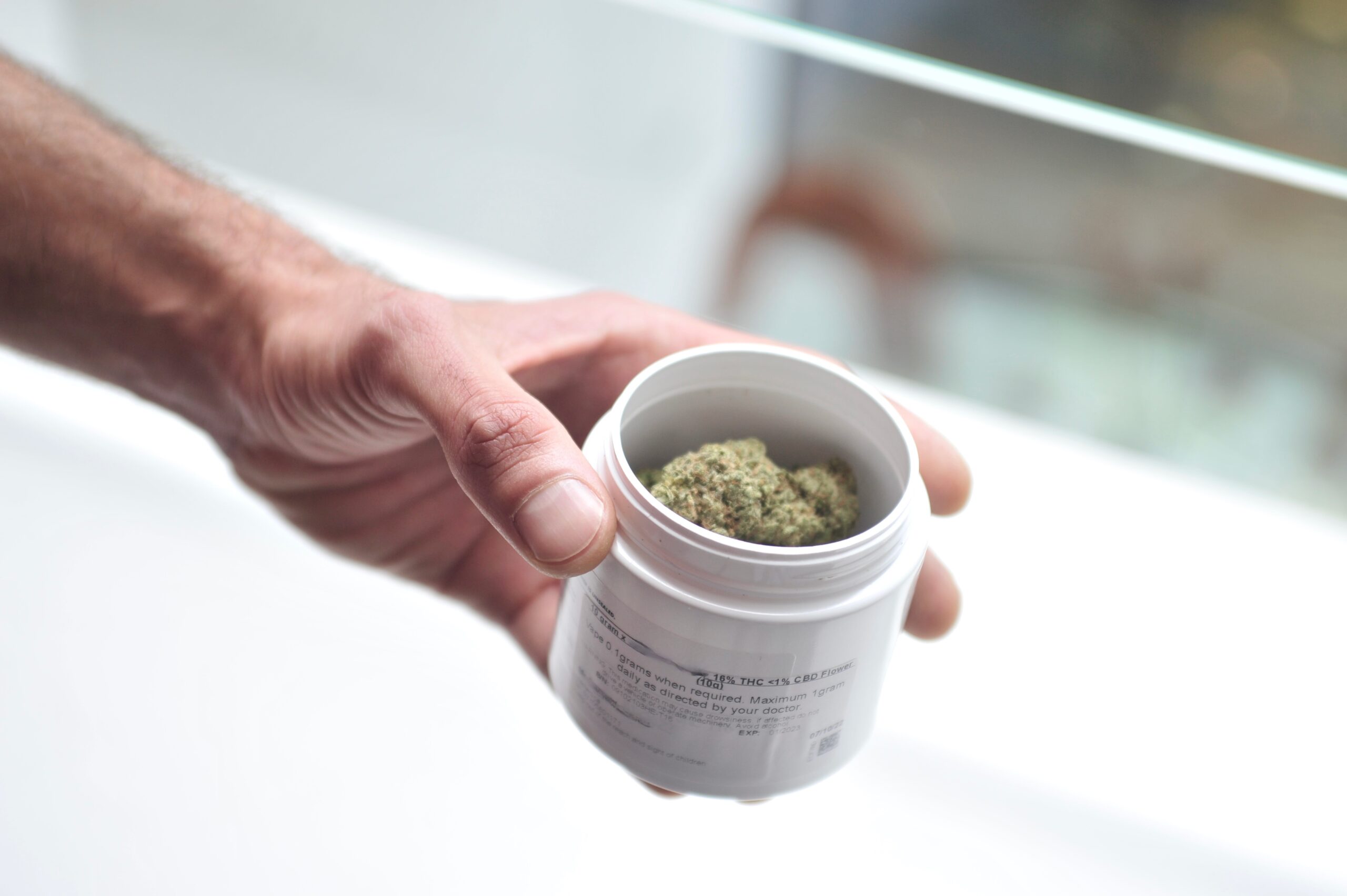How Medical Cannabis Social Clubs Are Helping To Raise Awareness Of Its Life-Changing Benefits

Although medical cannabis has been legal in the UK since 2018, there is still a significant amount of stigma about using medical cannabis vapes in public, with some cases of people being rejected from establishments for using a medical cannabis vape in outdoor smoking areas. This comes as Guernsey cannabis company says users of medicinal cannabis need a safe space to take the drug to eliminate feelings of judgement and raise awareness to normalise its use for medical purposes. In the UK, there are currently 160 medical cannabis social clubs, illustrative of the growing community of users as knowledge of its health benefits drives patient numbers. In light of this, Jon Robson, CEO/ founder of the UK’s leading medical cannabis clinic, Mamedica, is available to discuss the vital role safe spaces play in combating stigma and raising awareness of the positive impact of medical cannabis on debilitating conditions.
Despite the fact that there are 89,000 medical cannabis prescriptions in the UK, many patients report not feeling safe to take their medication in public or are unable to do so in their home due to living with young family members or living without outdoor space – showing the importance of medical cannabis social clubs. The aim of medical cannabis social clubs is to build a community and allow medical cannabis users to have a safe space to consume their medication. Ranging from Leeds, Swansea, Brighton and Bath, many areas have successfully built clubs that support medical cannabis use.
Jon Robson, CEO of Mamedica says:
“Though medical cannabis can be consumed safely anywhere, medical cannabis social clubs play an important role in combating social stigma, increasing awareness, and fostering a safe space for users. There still remains a gap in public knowledge about medical cannabis and how it can be taken, therefore, this can result in patients feeling self-conscious or judged about taking their medication in public spaces.
“Medical cannabis is able to offer effective symptom management for a range of common health conditions across chronic pain, psychiatry, and neurology when traditional medication has either been ineffective or had harmful side effects. It can offer effective relief for chronic pain, manage symptoms of epilepsy and multiple sclerosis, alleviate nausea and vomiting associated with chemotherapy, and provide potential benefits for mental health conditions such as anxiety and PTSD.
“As highlighted in today’s BBC article, these clubs provide a supportive environment where individuals can connect, share experiences, and access information about medical cannabis.
“By bringing together like-minded individuals, these clubs create a sense of community and camaraderie, helping to dispel misconceptions and challenge the lingering stigma surrounding cannabis use through education and support.
“Our service offers unrestricted access to the widest range of cannabis-based prescription medicines available in the UK, and our healthcare model has been designed to deliver the fastest speed of service, from initial consultation to the patient receiving their prescription.”
About Mamedica
Mamedica is a private clinic with a linked pharmacy which specialises in cannabis-based prescriptions (from oil to cannabis flower), for patients who have not found satisfactory results for their conditions with their existing medications across pain, psychiatry, neurology, palliative care and cancer.
Following a secure, private video consultation the medicines can be delivered directly to the patient’s door via next-day delivery service.
All of the medicines prescribed by Mamedica are produced and manufactured according to the pharmaceutical-grade EU-GMP (Good Manufacturing Practice), the most stringent in the world. Patients can be assured that their medicines are not contaminated with pesticides or other adulterants.
Founded by Jon Robson, and launched in 2022, Mamedica aims to deliver a quality of service which is currently lacking in the medical cannabis sector. Mamedica puts patient safety, security, and satisfaction at the forefront of every activity, using only the most high-calibre consultants and support staff as part of their team.






